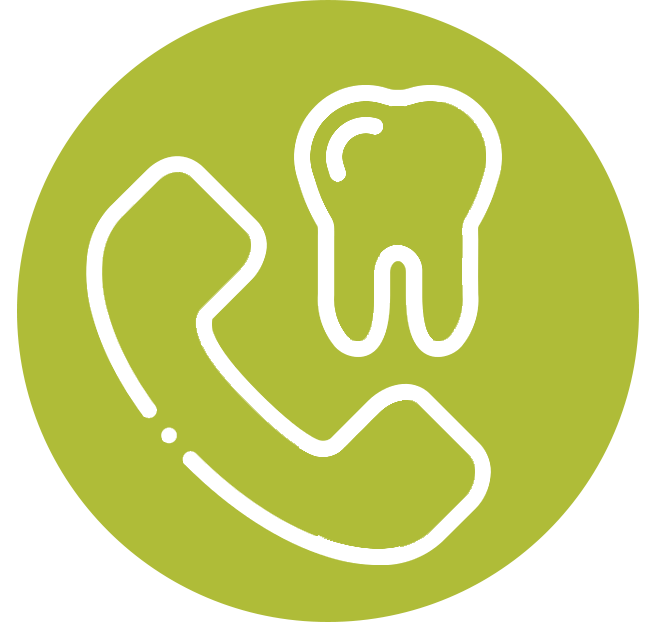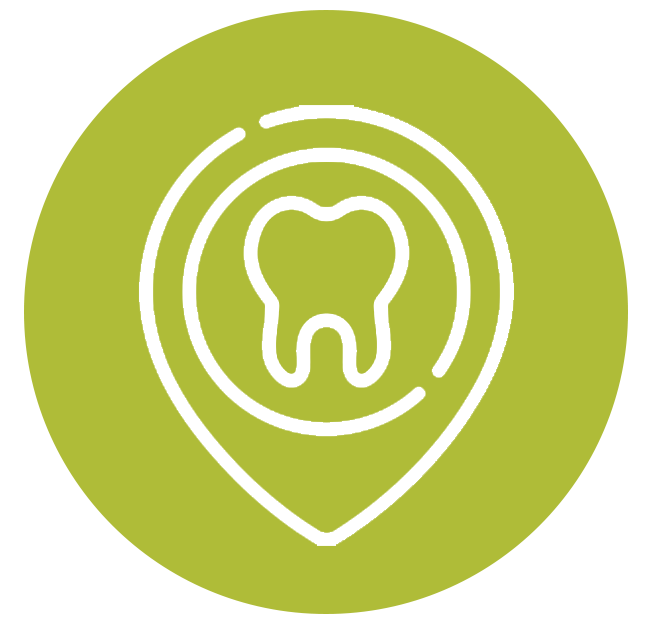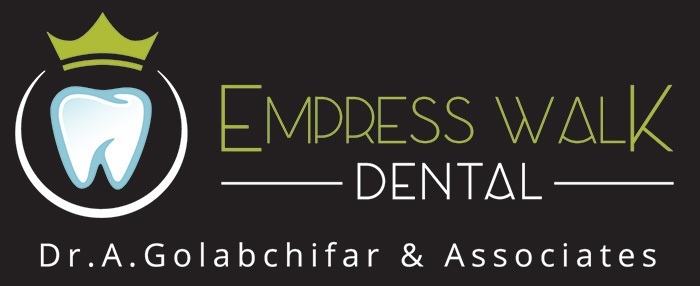Access to dental care is a key component of maintaining overall health, especially as we age. But for many seniors, the cost of treatments like cleanings, fillings, or dentures can be a barrier. The Canadian Dental Care Plan (CDCP) is a new federal program designed to ease that burden for eligible Canadians.
In this post, we’ll walk you through how CDCP works for seniors: who qualifies, what services are covered, and how to apply. At Empress Walk Dental, we believe that clear information empowers you to make the best decisions for your oral health.
CDCP Eligibility for Seniors
Before diving into coverage, it’s crucial to understand whether you or someone you care for qualifies. (This is the gatekeeper step: no eligibility, no coverage.) When reading this, keep in mind that “senior” for CDCP purposes generally refers to those aged 65 and over, though the rollout phases have varied.
- Canadian resident for tax purposes
You must be considered a resident in Canada for tax filing, and have filed your previous year’s income tax return.
- Adjusted family net income under $90,000
Your “adjusted family net income” (AFNI) is used to determine both eligibility and cost-sharing (co-payments).
- If AFNI is below $70,000, you may receive 100% coverage (no co-payment) for eligible services.
- mapleridgesmiles.com
- If AFNI is between $70,000 and $79,999, CDCP covers ~60%; you cover 40%.
- mapleridgesmiles.com
- If AFNI is between $80,000 and $89,999, CDCP covers ~40%; you cover 60%.
- No access to private or employer-based dental insurance
One of the strictest criteria: if you could get dental coverage through your job, pension, or purchased group plan, even if you decline, you are usually disqualified. Coverage under government social dental programs (e.g. provincial programs) may not disqualify you; CDCP coordinates benefits in those cases
- Age & eligibility phases
The rollout of CDCP is phased. For seniors (65+), eligibility opened earlier than for younger adults.

What Services Does CDCP Cover for Seniors?
Once eligibility is confirmed, the next question is: What exactly will CDCP help you pay for? Below, we’ll break down the major categories of services, clarify limits, and explain how “preauthorization” and “co-payments” work in practice. Please note that not all treatments are included, and even covered services may require some cost-sharing depending on income.
The CDCP aims to support a broad spectrum of dental care across these main groups:
- Diagnostic & preventive
- Basic restorative
- Endodontic
- Periodontal
- Major restorative (crowns, etc.)
- Prosthodontic (dentures)
- Oral surgery
- Anesthesia/sedation
- Orthodontics
Diagnostic & Preventive Services
These are foundational; they help you detect problems early and maintain oral health. The CDCP covers:
- Regular dental exams (complete, routine, emergency)
- X-rays (various types)
- Cleanings/scaling and prophylaxis
- Fluoride treatment
- Sealants
These services are generally among the first lines of coverage, helping prevent more serious, and expensive, treatments down the line.
Basic Restorative
When cavities or small damage appear, it’s essential to act before things worsen. The CDCP includes:
- Permanent and temporary dental fillings
- Pain control for diseased teeth
- Repairs to fillings or small restorations (within policy limits)
Endodontic Services
For cases where decay or injury has reached the tooth pulp, root canal treatments, pulpectomies (the first step of root canal), and procedures to reduce infection or alleviate pain are required. Root canal retreatment of prior root canal therapy may also be included, but it requires preauthorization. These services help you save and preserve natural teeth when possible.

Periodontal Care
Gum disease is a common issue in seniors. Under CDCP, covered periodontal services include scaling below the gumline (root planing), treating abscesses in the gum tissue, bonding mobile teeth (preauthorization needed), post-surgical evaluations (preauthorization), and non-surgical gum disease treatments.
Major Restorative
When a tooth is too damaged for a simple filling, you may need:
- Dental crowns (with preauthorization)
- Posts and post removal (to support crowns)
- Core build-ups (foundation for crowns)
- Repairs to crowns or re-bonding (within policy allowances)
These more advanced reconstructions help restore teeth that have been seriously compromised.
Prosthodontic / Dentures & Removable Appliances
For teeth that must be replaced or supported, the CDCP covers complete and partial dentures, denture repairs, relines, rebases, overdentures or immediate dentures (preauthorization), and adjustments/linings to dentures for fit and comfort.
This coverage is especially relevant for many seniors who experience tooth loss.
Oral Surgery & Extractions
When teeth must be removed or surgical intervention is needed. Therefore, the CDCP covers certain oral surgeries, such as root and tooth extractions, Surgical incision/drainage, tumor or cyst removal, and treatment of jaw fractures. These services ensure that necessary interventions are not entirely out of reach.
Anesthesia Options
Some procedures, especially in anxious or medically complex patients, require sedation. The CDCP covers some types of sleep dentistry, such as
- Minimal (conscious) sedation
- Moderate sedation (preauthorization required)
- Deep sedation / general anesthesia (preauthorization)
Orthodontics
As of now, orthodontic (dental braces, aligners) treatment is not covered. In 2025, limited coverage for orthodontic care may be introduced, strictly for medical necessity cases under rigorous criteria.
Suggested article: Is it too late for me to get braces?
According to Canada.ca, certain services always require preauthorization (i.e. prior approval) before proceeding, like crowns and orthodontic treatments. Also, services exceeding frequency limits may be approved via preauthorization if clinical need is demonstrated. The dental provider must confirm your CDCP coverage before starting the procedure (using EDI estimates or contacting the CDCP administrator).
Book Your CDCP-Covered Check-Up!
If you’re a senior wondering whether you qualify for the CDCP or how much coverage you might receive, Empress Walk Dental is here to help. Our clinic proudly supports the Canadian Dental Care Plan and accepts CDCP patients. Contact us today, and we’ll guide you through understanding your benefits and planning your treatment under the program with ease.
How to Apply for the CDCP?
Being eligible is one thing; enrolling and accessing your benefits is the next step. Here’s how to navigate the process.
- Gather required information
You’ll need (for you and, if applicable, your spouse/common-law partner):
Social Insurance Number (SIN) (if applicable)
- Full legal name, date of birth, and address
- A copy of your Notice of Assessment (income tax return) from the previous year
- Details of any existing government social dental coverage
- Apply via My Service Canada Account (MSCA)
Log into MSCA (if you don’t already have one, register first) and navigate to “Canadian Dental Care Plan” → “Apply.”
You can call +1 (833) 537-4342 (TTY: 1-833-677-6262) for assistance. However, CDCP applications cannot be done through phones.
- Wait for approval & start date
If approved, your information is passed on to Sun Life, the plan administrator. You’ll receive confirmation, the effective date, and details on how to use your benefits.
- Re-enroll / renew yearly
Each year, you must confirm continued eligibility through My Service Canada Account or by contacting Sun Life. For the 2025-2026 period, the renewal deadline was June 30, 2025. If missed, coverage lapsed, but you can reapply for reinstatement (no retroactive coverage). Co-payment brackets may adjust based on your updated adjusted family net income (AFNI).

Need more details? Check out this article: How to Apply for CDCP: A Step-by-Step Guide
Ready to Take the Next Step of CDCP for Seniors?
CDCP represents an important opportunity for seniors across Canada to gain meaningful support for dental care, without needing to shoulder the full burden alone. If you believe you may be eligible, don’t let uncertainty hold you back.
The Canadian Dental Care Plan is transforming access to oral health for seniors, and at Empress Walk Dental, we’re proud to be part of that change. We gladly accept CDCP coverage and can help you make the most of your benefits for cleanings, dentures, fillings, and more.
Book your appointment today to experience compassionate, CDCP-supported dental care right in the heart of North York.
FAQ
-
If I already receive coverage from a provincial senior dental program, can I also use CDCP?
Yes, if the provincial program is a government social dental plan, CDCP may coordinate with it (but not substitute private insurance).
-
Can I go to any dentist, or must I use a CDCP-participating provider?
You must use a dentist or oral health provider who is registered to submit claims under the CDCP. If they aren’t enrolled, they can’t bill the plan.
-
Will I ever pay 100% of the treatment cost?
Yes, if your adjusted family net income is between $80,000 and $89,999, you will pay 60% of the CDCP-approved cost. Also, if your dentist’s fees exceed CDCP rates or if parts of the treatment are non-eligible, you will pay the difference.
-
Do I need to reapply every year?
Yes, CDCP requires annual confirmation of eligibility, and co-payments may change based on your updated income.
-
What happens if I misreport eligibility or deliberately omit information?
If CDCP finds you misrepresented your eligibility, you could be removed from the program or required to repay services.
If you have any questions or personal experiences with CDCP, share them in the comments below; we’d love to hear your thoughts!






